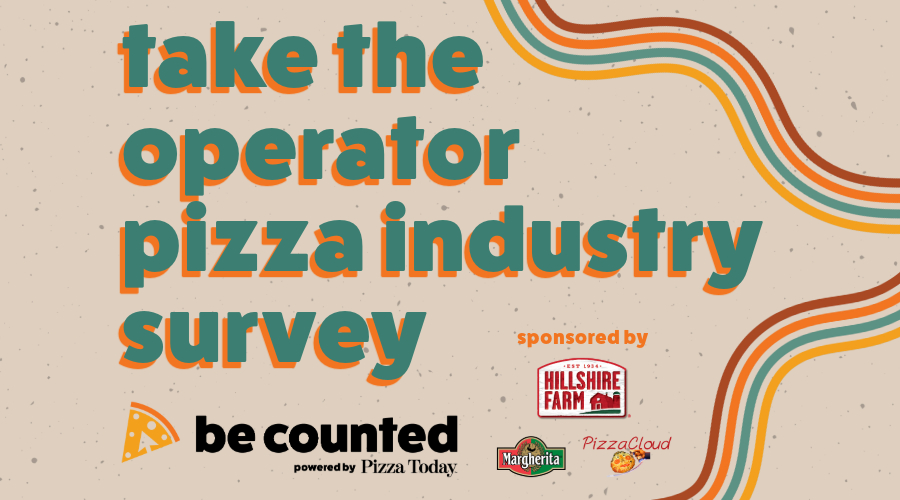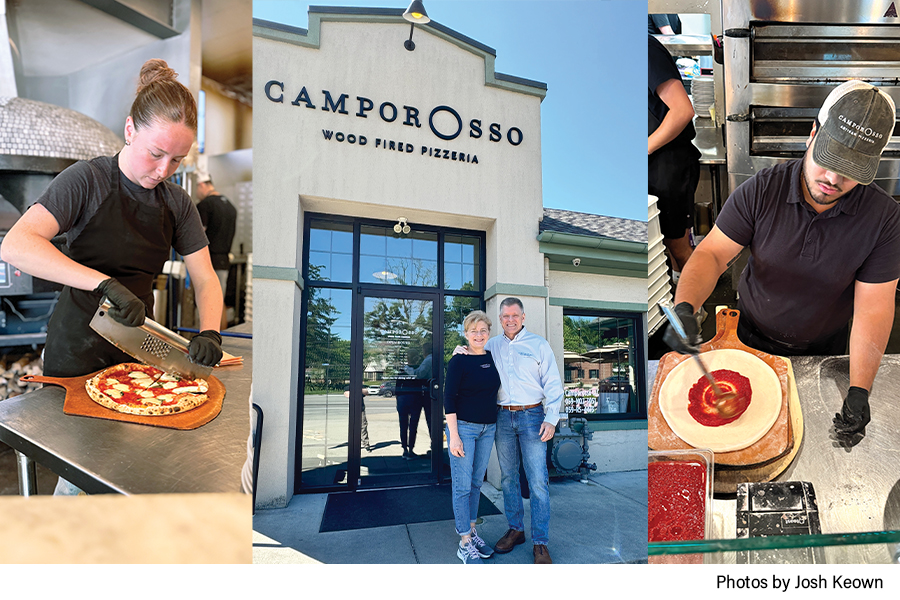Common Compliance Issues with Tips, Tip Pooling and Service Charges
Tipping models and service charges are some of the most discussed topics in restaurants today among restaurateurs, employees and customers alike. While tips and automatic service charges may seem to be similar, they are treated very differently by the IRS and the Federal Department of Labor (DOL) with complex regulations.
The information provided in this article does not, and is not intended to, constitute legal advice and is for general information purposes only. Readers should contact an attorney in their jurisdiction for questions and advice regarding this topic.
How to Define and Classify Tips and Service Charges
A tip is a discretionary payment made by a customer independently, is calculated on their own, and is not dictated by restaurant policy.
In contrast, a service charge is a charge that is mandated by the restaurant and is a fixed amount, either as a flat fee or a percentage of the bill.
The key difference is that a tip is wholly owned by the employee at all times, whereas a service charge is wholly owned by the restaurant. This means that an employee must receive the entirety of the tip they are owed no later than the next regularly scheduled payroll. Whereas when collecting a service fee, a restaurant can distribute it to whomever it chooses or not distribute it at all. Further, employers may deduct their actual credit card processing costs from electronic tips given by customers.
Additionally, while tips are not considered income to the business, service charges are income and will be taxed as such. Service charges are also generally subject to state sales tax.
For employees, tip income and any service fees received are both considered income. Employers pay federal employer taxes on tip wages earned, however, a credit for the amount of tax paid on tips above any tip credits taken is available when filing year-end returns — ask your CPA about IRS Form 8846.
Tip Pooling
In a traditional tipping model, individual servers receive tips in addition to their hourly wage, while back of house receive no tips at all. This can result in a disparity in pay between the two and can bring some animosity between those who work in the front and those who work in the kitchen.
Recently, many pizzerias have instituted tip pooling, in which all tips collected are placed into a collective pool and then divided up among staff members. The pool can include anyone who is in the “chain of service”, including servers, dishwashers, bussers, cooks and other kitchen staff. While this may be off-putting to some career servers, it also can result in higher employee retention among kitchen staff.
While the DOL allows mandatory tip pooling imposed by an employer, this is not true of all states. A few states disallow tip pooling altogether, while others allow it if all employees agree to tip pooling and create the terms of the pool on their own. Additionally, some states will allow mandatory tip pooling but only among servers and not back of house staff.
If your state allows tip pooling, the best practice is to establish a written tip pooling policy as part of the employee handbook to ensure that all staff understand and agree to mandatory tip pooling to avoid confusion and potential legal liability down the road.
Who Can Accept Tips?
Federal rules mandate that only employees may accept tips, which excludes equity owners of more than 20 percent of the business, managers and supervisors unless they directly and solely provide the tipped service.
A manager or supervisor is someone (1) whose primary duty is the management of the entire enterprise or of a specific subdivision of the enterprise, like “bar manager”; (2) who regularly directs the work of two or more employees and (3) who has the right to hire or fire other employees. Note that the employee’s title is not a factor, meaning that someone without the title “manager” can still be considered one if they meet any of the factors above.
This means that if a manager or supervisor is covering a server’s shift and is solely waiting tables, they can accept a tip. However, if a manager or supervisor is not the only person waiting that table for the evening, they are not solely providing the service and therefore may not accept any part of a tip.
Importantly, managers and supervisors may not participate in a tip pool, even if some or all of their job duties include tipped work. However, managers can collect tips if they are fully contributed into the pool and do not take any tips out of the pool.
Generally, even if you don’t engage in tip pooling, the best practice is to prohibit managers and supervisors from accepting any tips. Improper distribution of tips is considered wage theft. Any tips improperly distributed must be paid back with interest to any employees who would have received those tips, in addition to potential civil fines imposed by the agency, which can be in the six figures or greater.
Service Charges
As discussed above, a service charge is a mandatory charge added to each customer’s bill, usually as a percentage of the overall bill. This should always be disclosed in the menu and as a separate line item on each guest check to avoid confusion.
The description of the service charge in the menu should also state how the service charge is used by the restaurant, whether it is being distributed to employees, is being retained by the restaurant, or a combination of both. Some states require that the disclosure statement not be overbroad or ambiguous or else the entirety of the service charge must be given to the employee.
Many pizzerias have replaced tipping altogether with a mandatory service charge that is either used to pay all employees a higher base wage or is directly distributed to all or certain employees. Other pizzerias, like my own, encourage tipping but also have a small percentage service fee that is distributed to managerial employees who perform tipped work but can no longer accept tips due to the regulations.
While customers are becoming more accustomed to mandatory service charges, they can still be a point of contention, especially if the service charge is higher than what they would ordinarily tip. It can be nerve wracking for an operator to add a service fee, just as it is raising menu prices, but it may be necessary to stabilize increased wage cost.
While there is no one size fits all approach to how to handle tips and service charges, government agencies are focused on these issues and are targeting enforcement action on those who do not comply with the rules. A well-run pizzeria should have written records and policies that can show state and federal compliance to avoid steep penalties and fines.
Thomas Reinhard is a Seattle-based business attorney and a co-owner of Cascadia Pizza Co.







